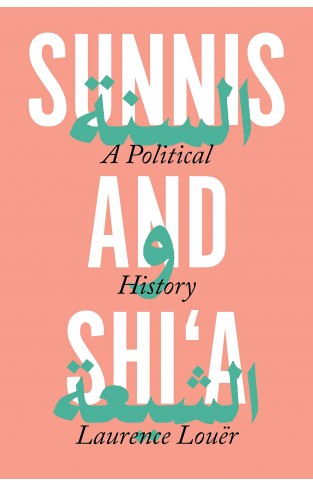"This book is a historical and sociological reading of the relation between Sunnis and Shias from the inception of the dispute for Mohammed's succession until today. It is divided in two parts. The first part offers a comprehensive history of the divide. It shows how Shiism was, during much of the Middle Ages, the main contestation ideology of the caliphate, but also how Sunnism and Shiism converged as Shiism progressively ceased to be an esoteric and politically radical doctrine to espouse a number of tenets of mainstream Islam. It shows the political dynamics that runs beneath theological debates and, in particular, how the Sunni/Shia conflict was revived when the Safavids made Shiism an official state religion on the model of Sunnism. On the contrary, when faced with the colonial challenge, Sunni and Shia reformists closed ranks and collaborated. The second part of the book offers a socio-historical account of some national contexts in which the Sunni/Shia divide shapes the society and the politics: Iraq, Bahrain, Pakistan, Saudi Arabia, Iran, Yemen and Lebanon. It shows that in each of these countries the sectarian divide is shaped by very specific historical and social circumstances. Sunni and Shia identities are associated with ethnic, regional, statutory and economic identities. In most cases the relations between Sunnis and Shias are shaped by typical majority/minority dynamics. They can lead to conflict but dynamics of emulation often emerges from conflicts, which are particularly obvious when Sunni and Shia Islamic movements compete"--



